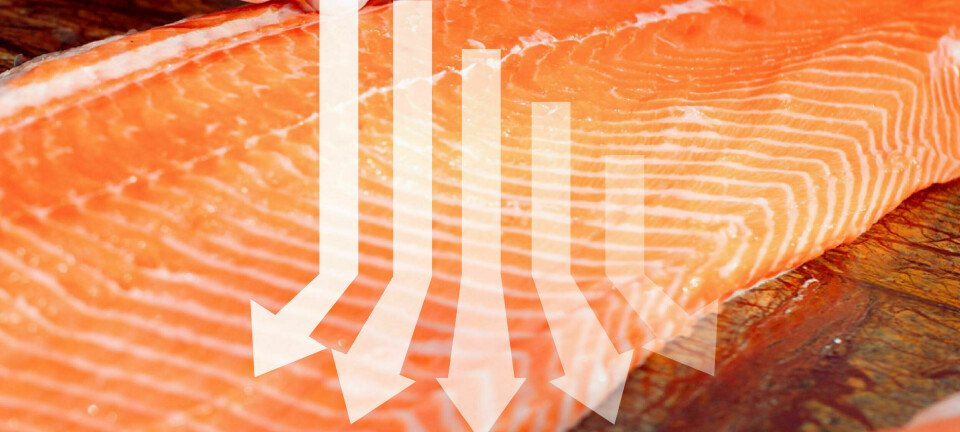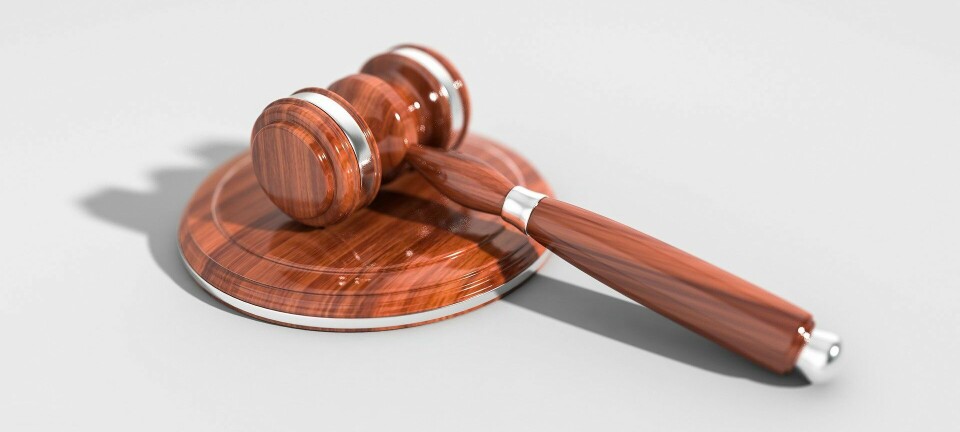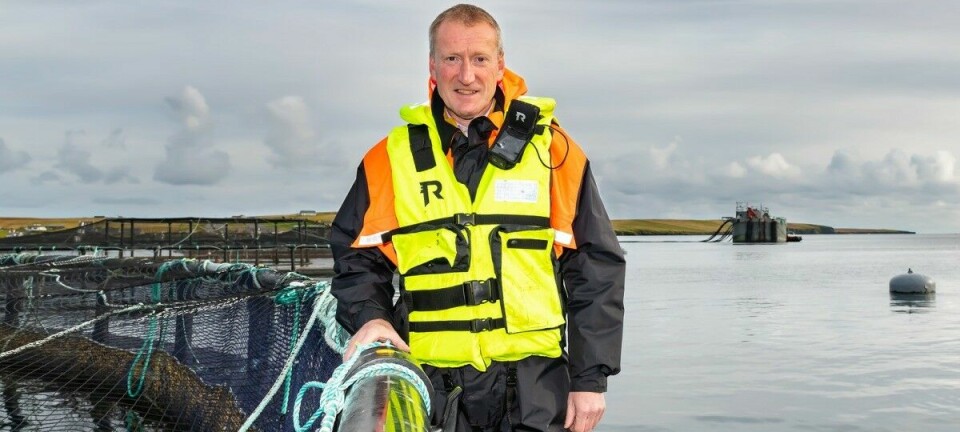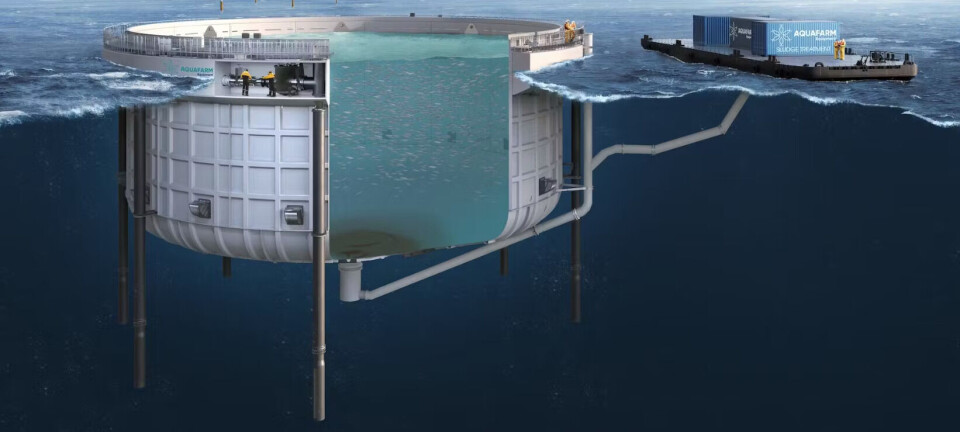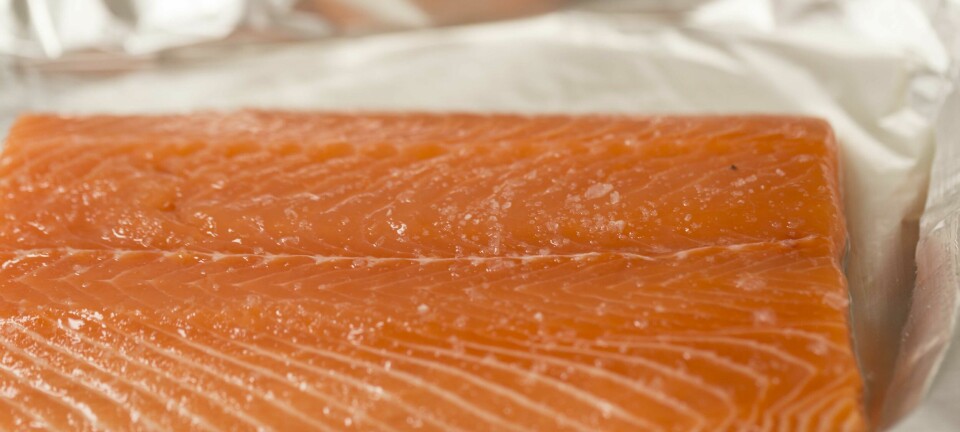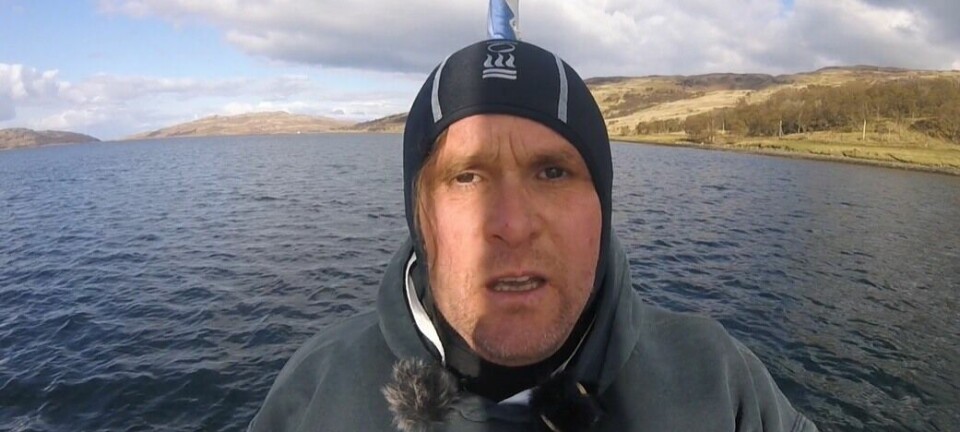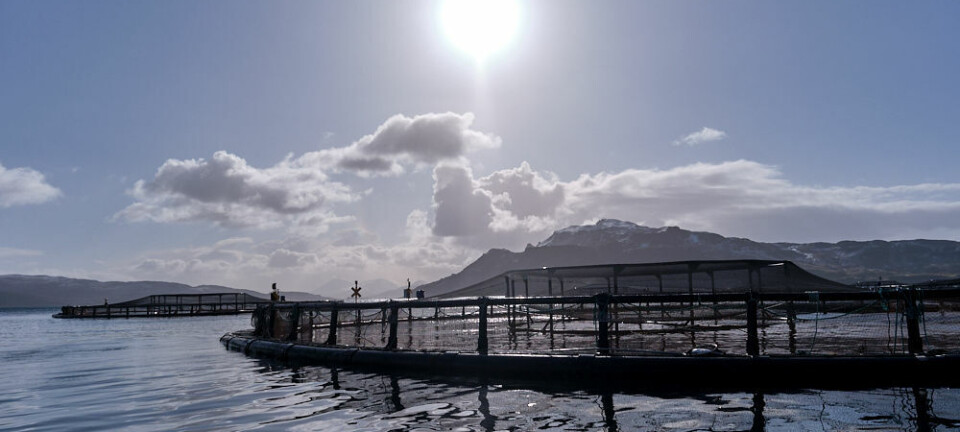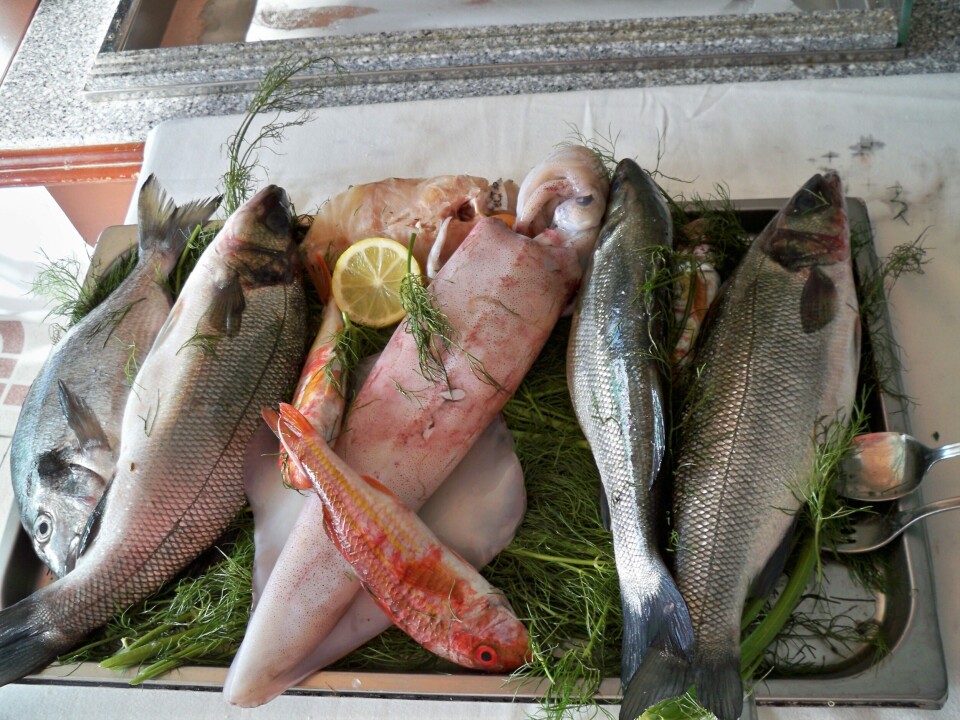
African fish farming goes digital
When the salmon farming industry got going in British Columbia, there were over a hundred different companies - most of which were operating with different systems of tracking fish performance (growth, survival, maturation etc) as well as financial performance through the recording of feed conversion rates, fillet recovery rates and ordinary farm costs. During the late 1980s, computer spreadsheets were increasingly being used, however, and by the mid-1990s, custom-made software started to make inroads, although many farmers with a single site would find these unjustifiably expensive.
Today, there is an explosive growth in the business of aquaculture on the African continent. And as Julius Otieno of AllAfrica reports, the government of Kenya, in partnership with a local and international university, has launched an online platform in which all information regarding fish farming and marketing will be accessed;
Fisheries director Patrick Osare said [a digital platform dubbed] M-Samaki will provide farmers with information regarding fish illness, pond health and water quality and the post harvest processing advice to avoid spoilage. "This app will connect producers directly with local buyers such as hotels, restaurants and fishmongers creating a regular market, achieving higher prices and cutting out any middle man," said Osare. Jomo Kenyatta University of Agriculture and Technology and the Aquaculture Association of Kenya and Humboldt-Universität zu Berlin are partnering in the project.
M-Samaki founder Judith Henze said the application was borrowed from the M-Shamba technology and will provide fish farmers with contact details of local support officers and link buyers and farmers to fish collection points and cooling facilities. "This platform will also link fish producers with local market players such as traders, factories and service industry,"said Henze. Henze, who is a PhD student at Humboldt-Universität zu Berlin, said the piloting of the technology will start in January in six counties in Western and Central regions, during which 1,000 farmers will use the platform free of charge.
She said farmers must first register to use the platform by accessing the M-Samaki website - www.m-samaki.co.ke - then use the registration procedure as indicated on the site. "We are going to test the technology in Kakamega, Kisumu, Vihiga, Meru, Nyeri and Nyandarua before rolling it out to other areas," she said. Henze said there are about 48,000 ponds in Kenya and all face common challenges that the online platform will adequately address. "The biggest problems our farmers face are lack of knowledge, inadequate capital and limited market," she said.
M-Shamba executive officer Calvince Okello said farmers who do not have smartphones can also send short messages starting with the keyword 'samaki' followed by a hash tag, then their names (First name followed by second), another tag, county and then the inquiry (it can be information on market, fish feed etc ) to 22384. "SMS-based system for inquiries and 'ad-hoc' problem-based information, such as information on fish illnesses, local contacts or information can be requested by using a set of provided codes, such as 22384," he said.
He said the application will be sending weekly SMS to the subscriber. "Once the piloting is over, we shall be charging Sh10 (~€ 0.09) per SMS for sustainability of the programme," he said. Director Osare said the project will be managed by the technocrats. "This technology is completely going to change the way we do things. Farmers will get instant information and ask for anything they may require," he said.




